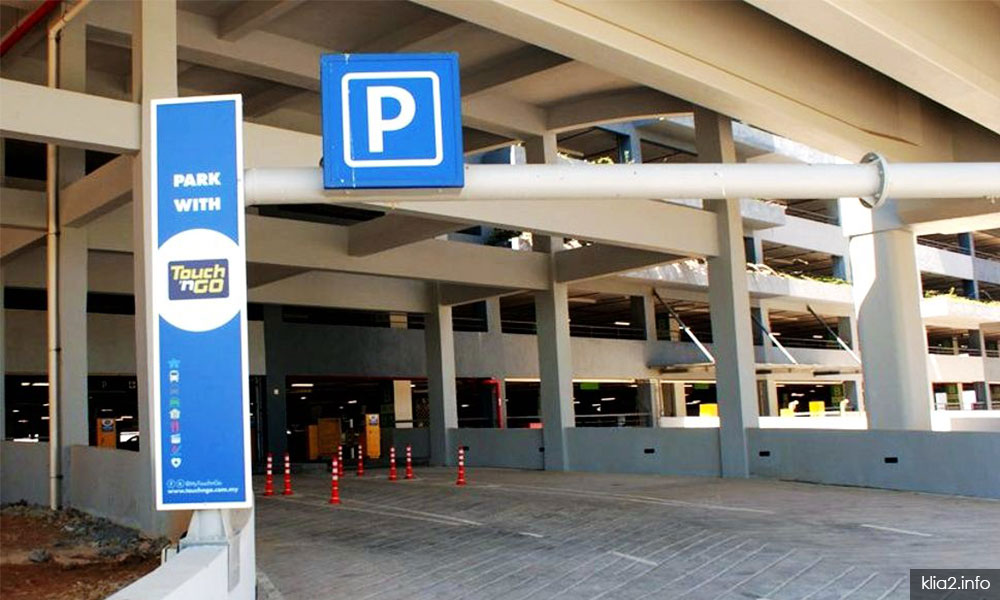LETTER | According to the Competition Act 2010, the goal of the law is to “promote economic development by promoting and protecting the process of competition”. The act also specifically states that by doing so it aims to protect the interests of the consumer.
Has the Competition Act in fact protected the interests of consumers?
The biggest impact on the cost of living for consumers is the increasing price of food. Fomca had strongly advocated for a market review on the food supply chain to ascertain if the high price of foods was due to market manipulation.
In August 2019, the Malaysia Competition Commission (MyCC) published and released the Market Review on the food sector. The report had confirmed that one of the key reasons for high food prices was price distortions and manipulations in the food supply chain.
For example, according to the report, the price of ikan kembong has increased by six times between the price received by the fisherman and the price paid by the consumer. Another example of substantial price increase is the price of cabbage; price at the farm is RM1.60 while the consumer pays a retail price of RM3.90, an increase of 143 percent.
Another example of price manipulation was the fish supply chain. Middlemen are known to hoard fish when prices are low, thus restricting supplies and forcing the prices of fish to increase. There was also opaqueness in price determination along the supply chain.
MyCC in its report had identified multiple causes of the exorbitant food price in the market. The reasons include market manipulation by middlemen, multiple intermediaries and manipulation of approved permits causing an unreasonable increase in food prices.
To protect consumers, the function of MyCC should not be just to identify the cause of price distortions and manipulations. The Competition Act enables the commission to act against the price manipulators to ensure a truly competitive market to enhance consumers’ well-being through reduced food prices.
Yet, in a report in April 2021 in a local newspaper, the MyCC continues to report that the price of ikan kembong is increasing six times before the fish reaches the market. Further, it continues to report that the supply of fish is being manipulated by middlemen who are hoarding the fish and forcing up fish prices.
Thus, despite the Market Review in 2019, price manipulation in the food sector continues to persist. It appears that despite identifying clearly that price manipulation is causing the price of food to soar, MyCC has been unable to act to curb price manipulation. Consumers continue to suffer through higher prices of food. It appears that consumers' interest has not been protected.

On another issue, Foma had filed a complaint against Touch ‘n Go in October 2018. One of the key complaints was that Touch ‘n Go was a monopoly that was unjustly imposing an additional 10 percent surcharge for its use in the parking areas in several malls and since consumers did not have an alternative, that was unjust as Touch ‘n Go had already collected payments for the cards.
In August 2020 (22 months later), MyCC had responded to Fomca that based on their enquiry, the “complaint does not raise any competition concern” and further that Touch ‘n Go was justified in imposing the surcharge “due to its investment and maintenance costs of the system incurred by the operators”.
Consumers had no redress through the MyCC and had to continue to pay the unjustified increased charges. Thus, MyCC did not protect the consumers; instead, it defended the monopoly.
Yet in January 2021, the new chief executive officer of Touch ‘n Go confirmed that after receiving many complaints from consumers, they were in the process of removing all Touch ‘n Go parking surcharges. The redress to consumers came not by MyCC seeking justice for consumers but through the internal decision-making of the company.
In fact, MyCC had failed to act in the best interests of consumers. The first complaint filed against market manipulation was by Fomca against Malaysia Airlines and AirAsia collaboration that severely disadvantaged consumers through reducing competition in their routes and increasing charges. In this case, at least, MyCC took firm action to break the attempted cartel. Thus, at least in the case of the MAS and AirAsia tie-up, consumers through MyCC attained justice.
PAUL SELVA RAJ is the secretary-general of the Federation of Malaysian Consumers Associations (Fomca).
The views expressed here are those of the author/contributor and do not necessarily represent the views of Malaysiakini.

